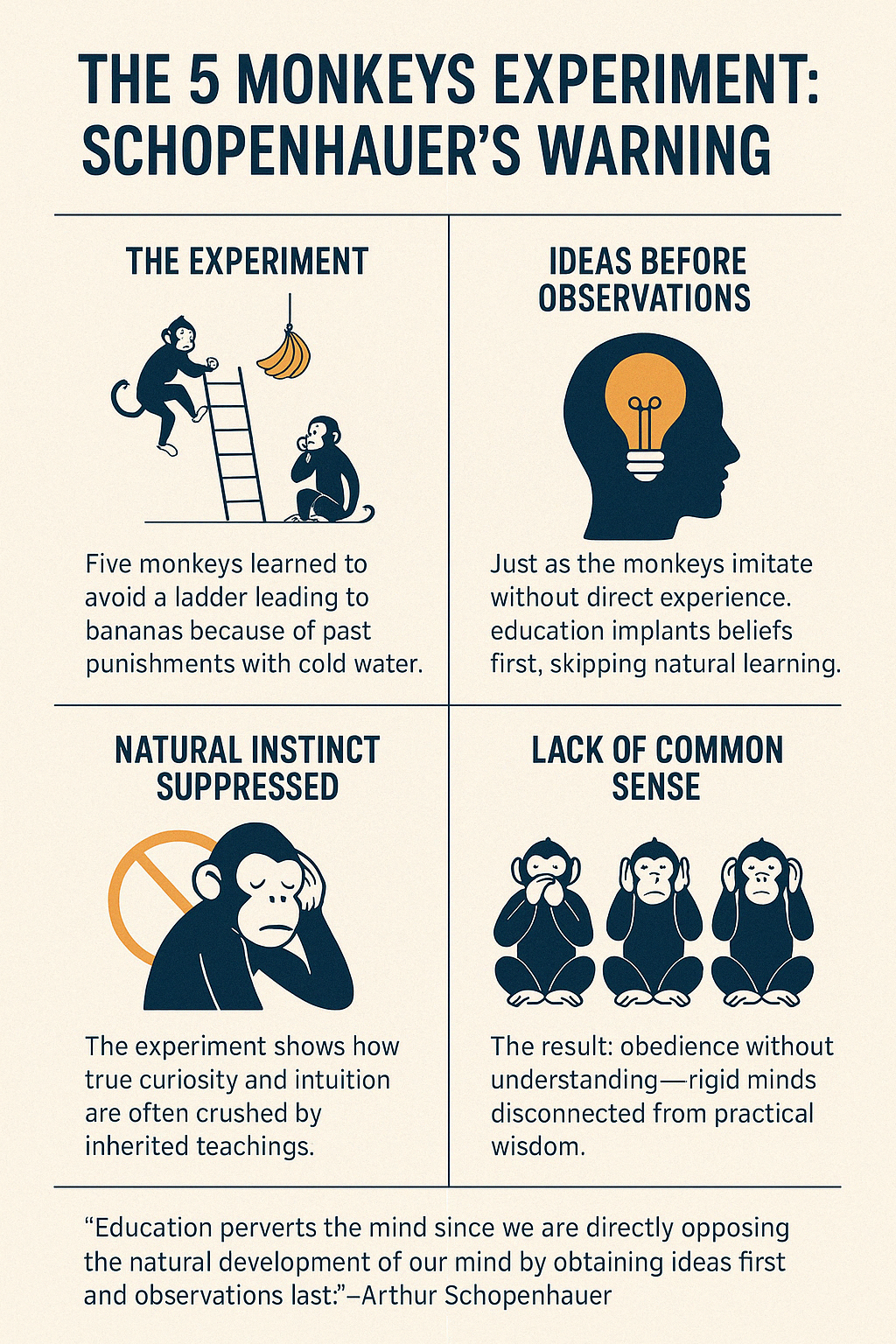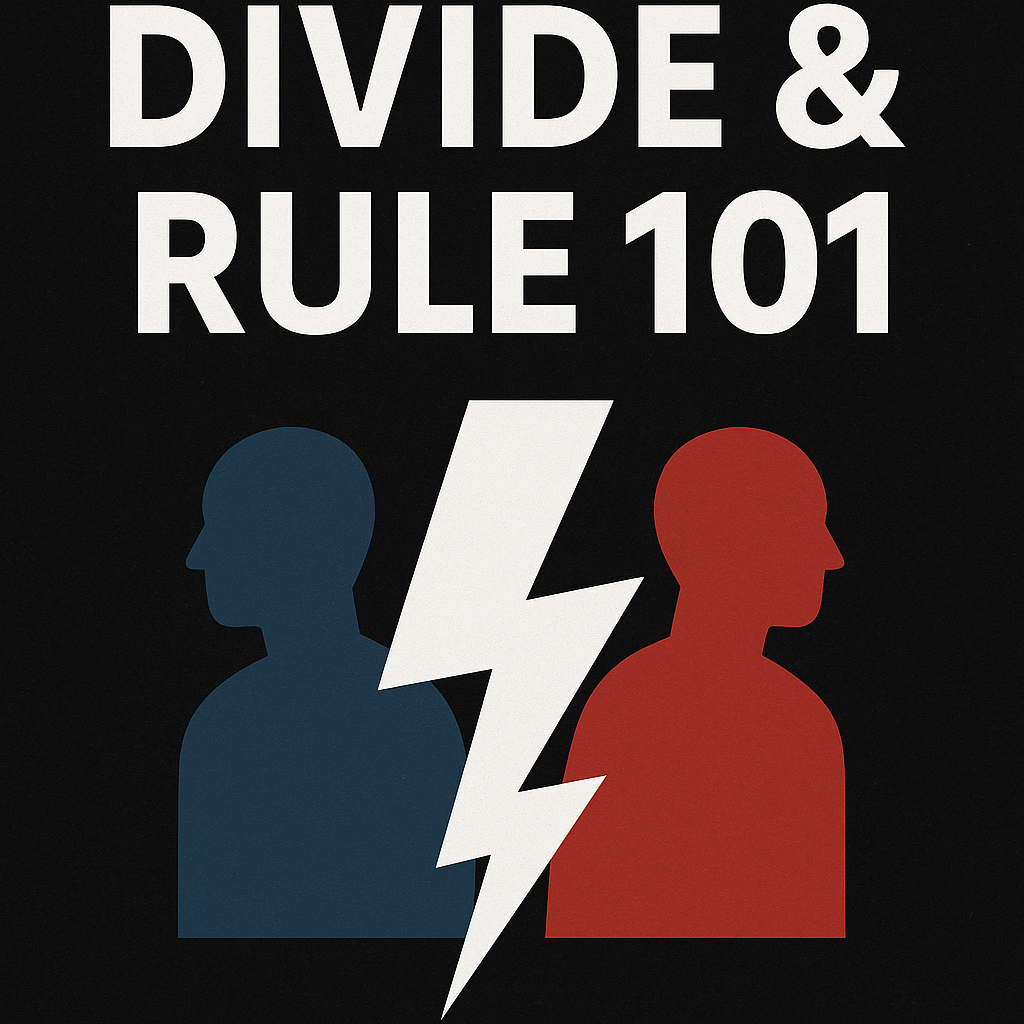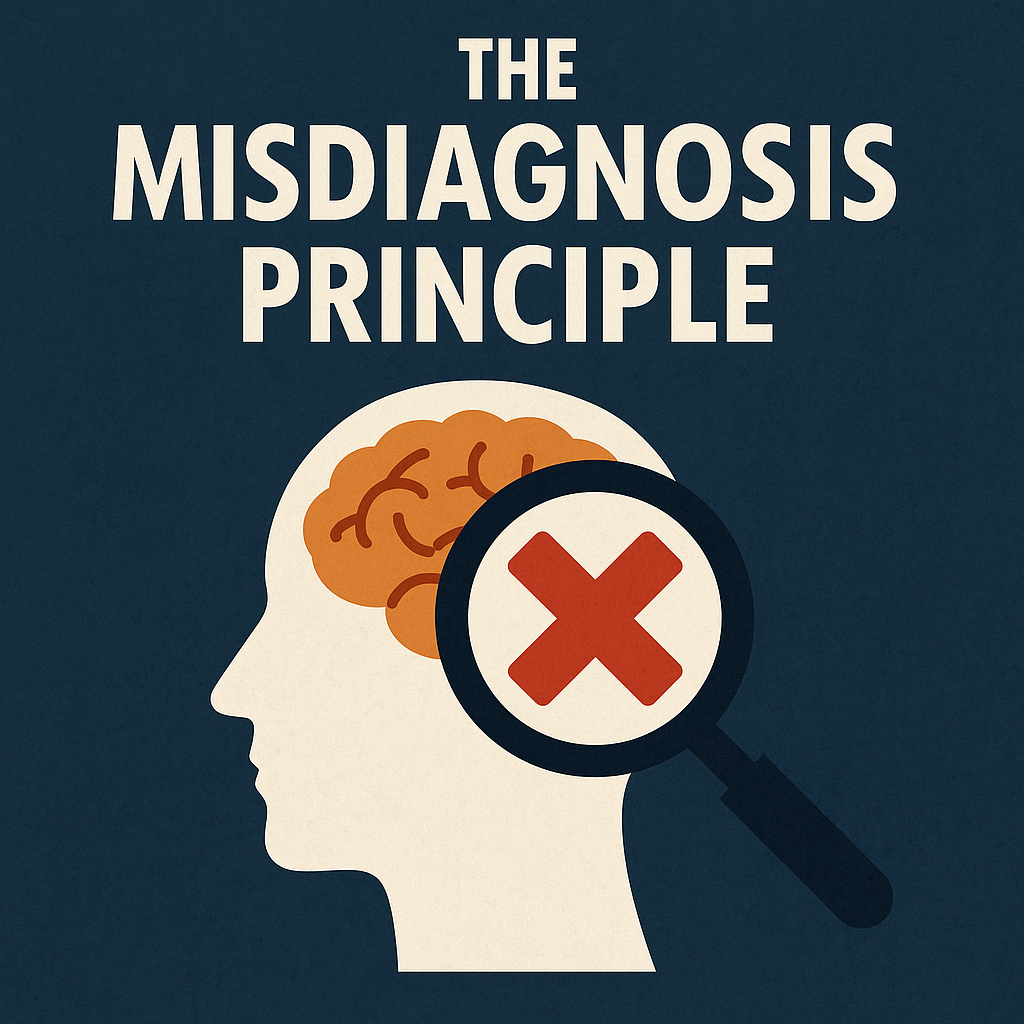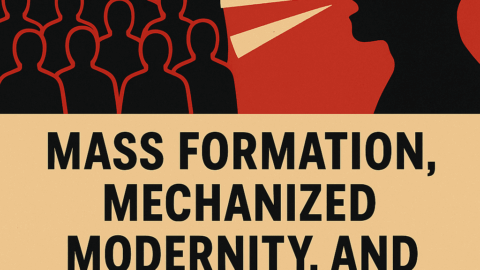“Education perverts the mind since we are directly opposing the natural development of our mind by obtaining ideas first and observations last. This is why so few men of learning have such sound common sense as is quite common among the illiterate.”
— Arthur Schopenhauer
Introduction: Education vs. Natural Learning
Arthur Schopenhauer, one of the great philosophers of realism and psychological insight, warned that modern education often distorts the mind.
Instead of letting young minds observe the world naturally, modern education indoctrinates them with ideas first — concepts, dogmas, and theories — and only afterward allows them (if at all) to experience the real world through their own senses.
Schopenhauer argues that real wisdom comes from observation first, then reflection, not from absorbing second-hand information as truth.
And nowhere is this better illustrated than in the famous 5 Monkeys Experiment.
Summary of the 5 Monkeys Experiment
Here’s the classical setup:
- Five monkeys are placed in a cage.
- In the middle of the cage hangs a bunch of bananas from the ceiling, with a ladder leading up to it.
- Whenever a monkey climbs the ladder to get a banana, the scientists spray all the monkeys with ice-cold water.
- After a few attempts, the monkeys learn: climbing the ladder = punishment for all.
They stop anyone from trying to climb the ladder by beating them down. - Then, one monkey is replaced with a new monkey who doesn’t know the rule.
- The new monkey naturally tries to climb the ladder. But the others attack him.
- Over time, even after all the original monkeys are replaced (none of whom have ever been sprayed),
the group still attacks any monkey who tries to climb — without knowing why.
They simply obey an idea inherited without observation: “Don’t climb the ladder.”
The punishment (cold water) is long gone, but the cultural behavior remains.
How the 5 Monkeys Experiment Proves Schopenhauer’s Point
Let’s line this up directly:
| Schopenhauer’s Critique | 5 Monkeys Experiment Parallel |
|---|---|
| Education implants ideas first rather than letting individuals observe reality. | The new monkeys are taught the “idea” (don’t climb) by social force, without ever experiencing the real consequence. |
| This perverts natural development and curiosity. | The new monkey’s natural instinct (to reach for the banana) is violently suppressed. |
| Common sense comes from observation, not from inherited theories. | Without ever being sprayed, the monkeys still attack. Their “knowledge” is disconnected from reality. |
| “Men of learning” often lack practical wisdom. | The monkeys enforce rules blindly, much like trained humans who obey systems they don’t understand. |
In short:
The monkeys act against their own interests — they could easily now climb the ladder and enjoy the bananas (since the spray is off), but they refuse because of learned fear and blind imitation.
Just like Schopenhauer warns:
- When people are taught what to think, not how to observe and reason,
- They become intellectually sterile, obedient but irrational, and afraid of challenging old ideas.
Broader Implications: Education, Authority, and Mass Behavior
This phenomenon explains much about the modern world:
- In Academia: Students are often taught complex theories before experiencing real-world problems. They become skilled in jargon but disconnected from actual results or common sense.
- In Society: People believe political, social, or moral narratives handed down by authority figures without personally observing or questioning them.
- In Bureaucracy: Rules are followed “because that’s the way it’s always been,” even if the original reason no longer exists.
Just like the monkeys:
- No one questions.
- No one observes.
- Everyone enforces inherited dogma.
And tragically, real discovery, real growth, and real freedom are crushed.
Concluding Thought: Return to First Principles
Schopenhauer wasn’t condemning all education — he was warning against education that skips experience, education that implants doctrines without critical observation.
The cure he would suggest?
- Observe first.
- Question everything.
- Trust your senses and reason over inherited ideas.
- Only then allow ideas to form.
In the words of Carl Jung, who carried this tradition forward:
“Thinking is difficult, that’s why most people judge.”
In other words:
- Thinking begins with observing reality.
- Judging begins with adopting second-hand ideas.
The 5 Monkeys Experiment is the perfect illustration of what happens when education or society flips the natural order — and the tragic consequences that follow.







